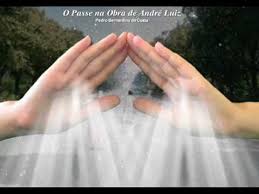passe
英 [pɑːˈseɪ]
美 [pæsˈeɪ]
- adj. 已过盛年的;过时的;凋谢的
- n. (Passe)人名;(法)帕斯

中文词源
passe 过时,陈旧
来自passe,过去的,来自法语passer的过去分词形式,词源同pass.原指女人青春不再,后引申词义过时,陈旧。
英语词源
- passe (adj.)
- 1775, from French passé (fem. passée) "past, faded," past participle of passer "to pass" (see pass (v.)). Originally of a woman past the period of greatest beauty.
权威例句
- 1. He was a fine actor but he's a bit passe now.
- 他曾是优秀演员,但现在最红时期已过.
- 2. It was fashionable in the sixties but definitely passe in the eighties.
- 那在六十年代是“时髦”的,但在八十年代肯定是过时了.
- 3. It is fashionable in the sixty but definitely passe in the eighty.
- 那在六十年代是时髦的,但在八十年代肯定是过时了.
- 4. Pour ouvrir l'ordinateur , y a - t - il un mot de passe?
- 开电脑时用输入密码么?
- 5. I'm beginning to find her novels rather passe.
- 我逐渐觉得她的小说格调陈旧.
